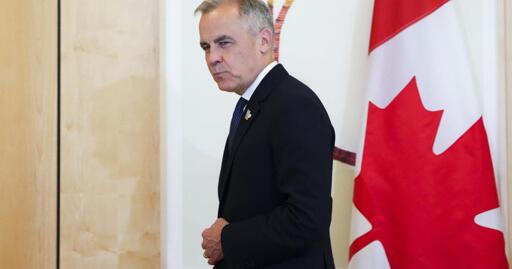- cross-posted to:
- world@lemmy.world
- cross-posted to:
- world@lemmy.world
[…]
Those include a new 25 per cent tariff on all steel products that contain metal melted and poured in China by the end of the month.
Canada will also impose import quotas based on how much steel was imported from each country in 2024, with countries that don’t have a free-trade agreement with Canada already in place impacted more than those that do.
Imports that exceed these quotas will be charged a 50 per cent tariff rate.
Carney said Canada’s steel industry will be among the most impacted by the ongoing global rearrangement of markets because it is one of the most open in the world for steel and the industry must be protected.
“Imports supply almost two-thirds of current Canadian consumption of steel, compared to less than one-third for the United States and less than one-sixth for the European Union,” Carney said.
[…]
The prime minister said Canada must rely more on “Canadian steel, for Canadian projects.”
[…]



I wouldn’t say this is adopted from the Florida man’s playbook, although it may look so at first sight.
As Mr. Carney says, two-thirds of the steel consumed in Canada comes from abroad (with a large part from China). In the U.S. this rate is one-third, in the EU one sixth. This makes Canada dependent on foreign suppliers.
International trade is fine if everyone plays by the rule of law. If not -which is arguably the case in the predictable future- this dependency puts your economy at a higher risk, and it may make you vulnerable to coercive political measures which we have been observing exactly by countries like China. So protecting your own industry and collaborate with those countries with whom you have a free trade agreement could be a good move.
But that’s just my interpretation. Maybe I am wrong.